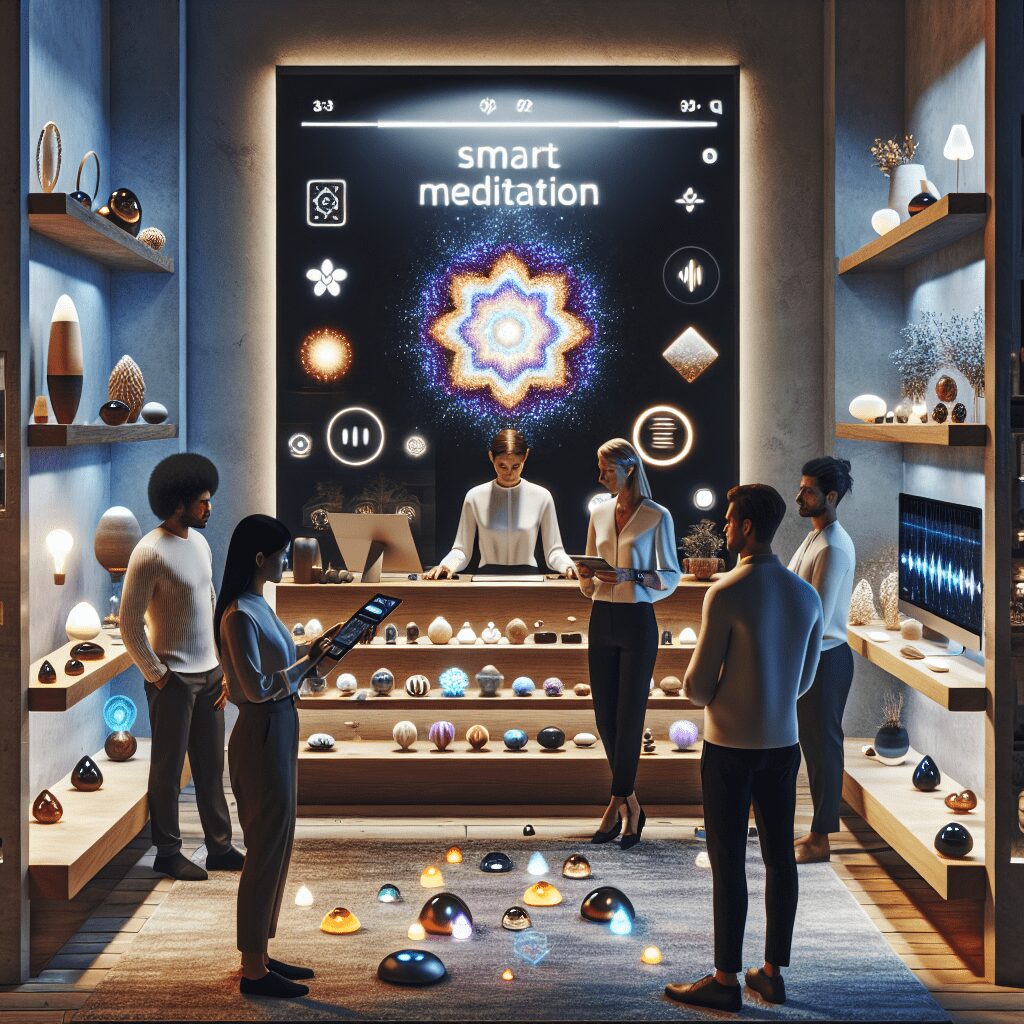
Prioritize your mental well-being daily. Enhance your life by nurturing your mental health with the Smart Meditation app. Break free from stress, alleviate anxiety, and enhance your sleep quality starting today.
Can Meditation Increase Anxiety?
Unraveling the Paradox: Can Meditation Stir the Waters of Anxiety?
In the whirlwind of today’s high-speed world, meditation has been hailed as a serene harbor, a refuge from the storm of stress and anxiety. Sought after for its tranquility-inducing prowess, meditation is often painted in broad strokes as a one-size-fits-all solution for mental unease. Yet, whispers in the corridors of wellness communities suggest that for some, this revered practice might just be fanning the flames of anxiety. So, let’s dive deep and explore: can meditation really increase anxiety?
The Meditation Misconception
First off, it’s crucial to dismantle a common fallacy: not all meditation experiences are created equal. The image of a perpetually serene meditator is as misleading as it is ubiquitous. In reality, the mental voyage of meditation is more akin to sailing on open waters—calm seas one moment, choppy waves the next. For a subset of individuals, these waves manifest as heightened anxiety during or after meditation. What gives?
The Inner Theater of the Mind
Meditation, in essence, is an invite to turn the spotlight inward, illuminating the nooks and crannies of one’s mind. This process, while therapeutic, can sometimes unearth suppressed emotions or unresolved issues. Imagine opening a Pandora’s box of worries, fears, and memories, all demanding to be acknowledged simultaneously. For some, this confrontation can temporarily ramp up anxiety levels, a phenomenon akin to the healing crisis in holistic therapies—where things seem to get worse before they get better.
Navigating the Stormy Seas of Meditation-Induced Anxiety
But fear not, for navigating this paradox is possible with savvy guidance and modified approaches. Here’s the lowdown:
-
Personalize Your Practice: Meditation isn’t a monolith. If sitting in silent contemplation revs up your anxiety, why not try guided meditations, loving-kindness practices, or mindful movement? Tailoring the method to fit your mental and emotional blueprint is key.
-
Slow and Steady Wins the Race: Diving headlong into lengthy meditation sessions can be overwhelming. Start with brief, bite-sized sessions and gradually increase the duration. It’s like acclimatizing to high altitudes—patience and gradual adaptation are your best allies.
-
Seek Professional Guidance: If meditation stirs anxiety to the point of distress, looping in a mental health professional or an experienced meditation teacher can provide the support and adjustments needed. Sometimes, a helping hand can make all the difference.
-
The Buffer Zone Strategy: Incorporating a buffer activity post-meditation can help. Engage in gentle stretching, jot down your thoughts in a journal, or simply take a leisurely walk. These acts can serve as a decompression chamber, allowing you to gently transition back to your day.
The Bottom Line: A Call for Mindful Meditation
In the grand tapestry of mental well-being, meditation occupies a place of prominence, celebrated for its capacity to usher in peace and clarity. However, the initial foray into meditation can, for some, bring unexpected guests to the party—heightened anxiety being one of them. By recognizing this possibility, adopting a personalized approach, and proceeding with mindful awareness, the journey of meditation can transform into what it truly aims to be: a path to inner tranquility.
So, in the dance of shadow and light that is meditation-induced anxiety, remember, it’s all part of the process. Embrace it with curiosity, patience, and a dash of courage. After all, navigating through stormy seas makes the calm waters that follow all the more blissful. Happy meditating!





